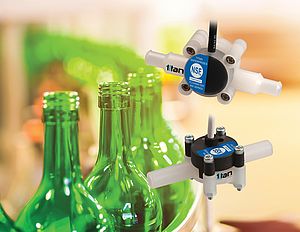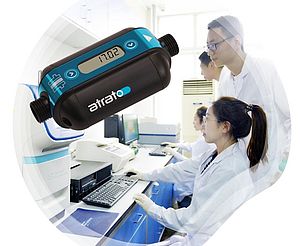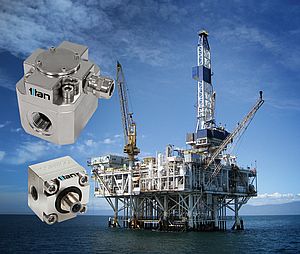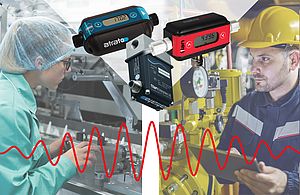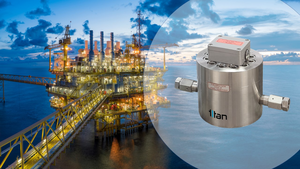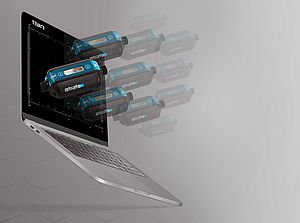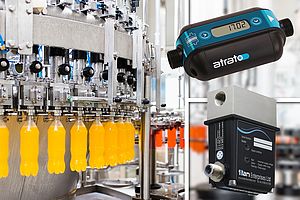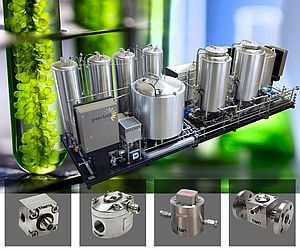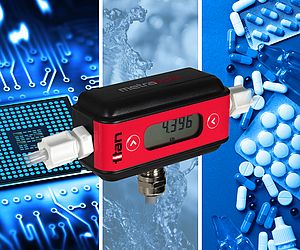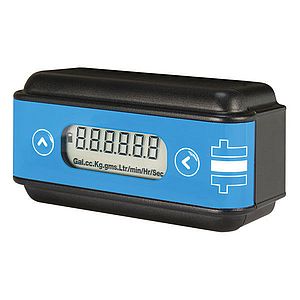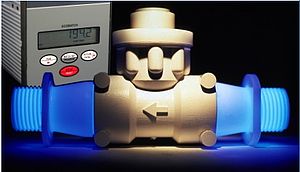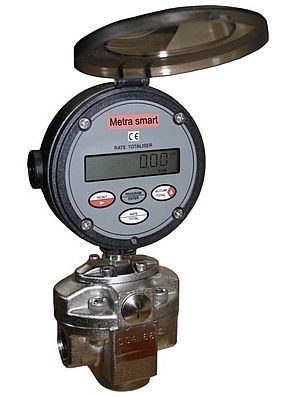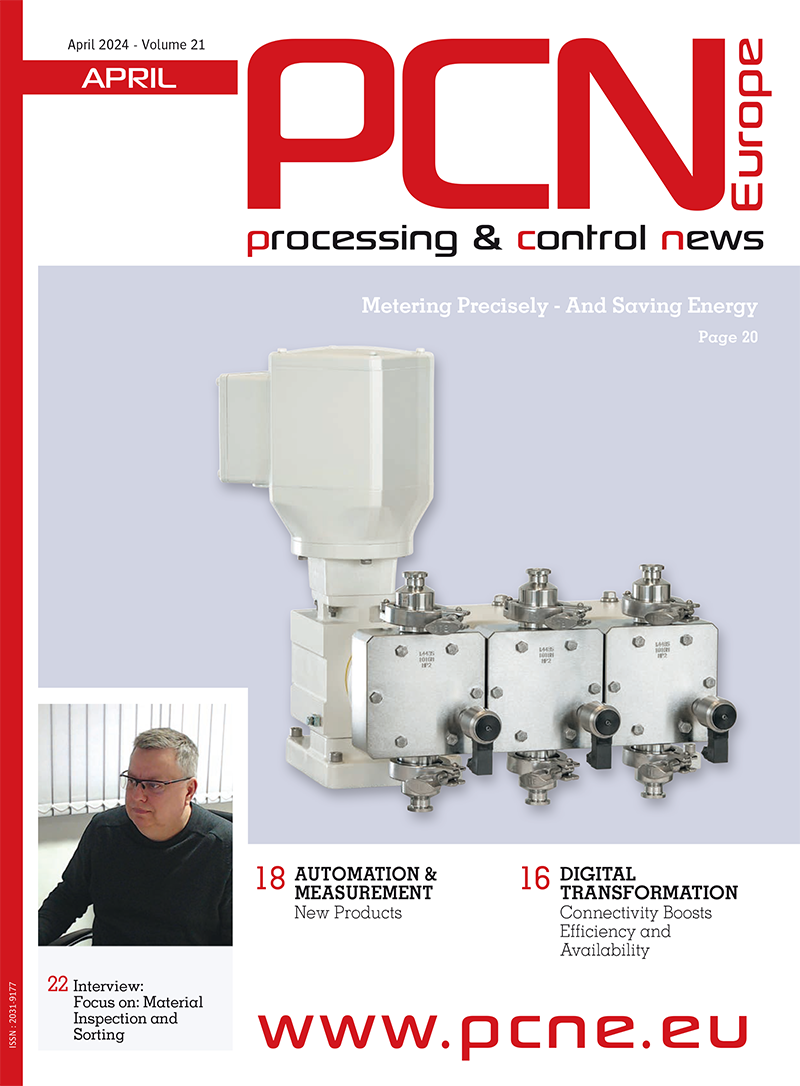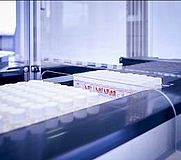PCNE Europe: What is the new frontier in development of petrochemical flowmeter technology?
Mr. Forster: I believe that developments in ultrasound flowmeter technology offer many advantages for petrochemical applications. This is reinforced by market reports which suggest that flowmeters based on this technology will experience growth of around 9.7% a year for the next 5 years compared to other non-invasive flowmeter techniques which are projected at only 5.7% p.a. Ultrasound based flowmeters offer distinct advantages including high turndown and resolution, versatility (the technique can meter most fluids) and ultrasound based flowmeters are relatively easy to scale up to larger pipe sizes. Being electronic based the latest generation of ultrasonic flowmeters are easily produced as "smart" devices which is a sector of the flow metering market I believe will expand strongly. Coriolis flowmeters will continue to develop and be manufactured in ever larger sizes but due to their complexity will remain a high end solution for petrochemical applications where price is less of a consideration.
PCN Europe: Which are the most desirable features that classify a flowmeter as "excellent" in today's market?
Mr. Forster: The most desirable feature to classify a flowmeter as 'excellent' will always be reliability. The cost of downtime if a flowmeter breaks down far outweighs nearly all other considerations. However, different applications and the environment in which they operate can also be important. For example sub-sea meters have to be exceedingly reliable, small, have minimal power consumption and be smart so some compromise may be made on performance. Based on a platform, in a refinery or on a plant a flowmeter can be big and as power hungry as it likes as long as it is accurate.
PCN Europe: Looking at the market, do you think new advances on the flow meter horizon will positively impact price or quality/innovation more? Or can improvements in these two aspects go together?
Mr. Forster: I am sure that improvements in price and quality / innovation will inevitably go together. As more experience is gained with improved flow meter technologies the quality will improve, as a result sales volumes increase and the prices drop. I believe innovation is the key to any company's long term survival. Having the best product in the world will be fantastic for a few years but your competition will eventually catch up and overtake you unless you innovate. The marketplace itself will always drive innovation, quality and cost reductions.




